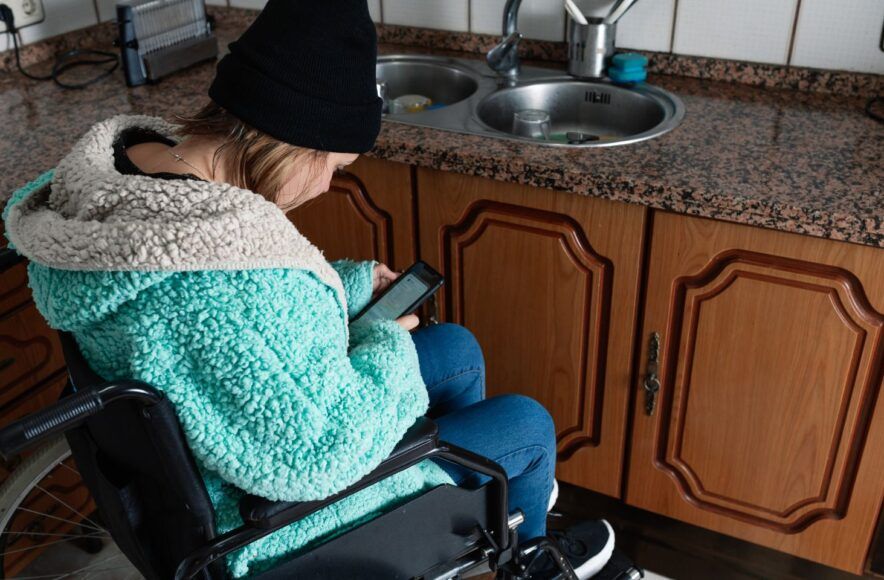£150 disability cost-of-living payment does not go far enough

Before the cost-of-living crisis, disabled households were between £500 and £1,000 worse off than non-disabled households. But income from benefits and one-off payments, like the disability cost-of-living payment, has done little to meet the rising costs that disabled people are facing.
The £150 disability cost-of-living payment is obviously welcomed but is a fundamentally short-term solution to what is a fundamentally long-term problem. This payment will not cover the reality of the spiralling cost of food, petrol and energy.
What’s more, for the 290,000 disabled people that are £150 worse off this winter due to changes to the eligibility criteria for the Warm Winter Discount Scheme, the payment is simply replacing money which had been taken away.
The cost-of-living crisis is impacting all our mental health but particularly for disabled people. The worry is not just about which luxury items to cut from monthly budgets, it’s whether or not they will be able to afford to run essential equipment needed to keep people healthy and safe.
Nicola, who we support in West Yorkshire said:
I’m not confident spending money at the moment, it’s just in the back of my mind.
Because of my disability, my feet and legs get cold so I have to put the heating on.
I haven’t got the warm house allowance currently but I am hoping to get it to help.
In Friday’s mini-budget announcement, United Response wants the Government to address the very real concerns that disabled households have by committing to increase benefits in line with inflation.
Doing so will help to alleviate the crushing cost of living for disabled people and their families across the country.